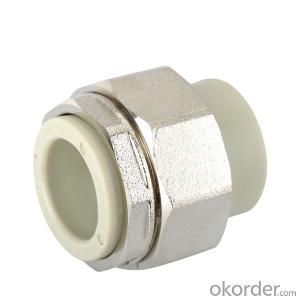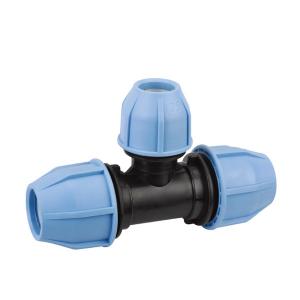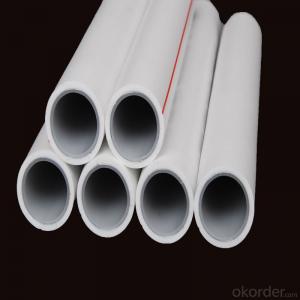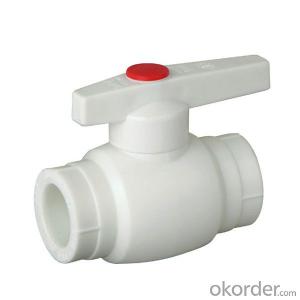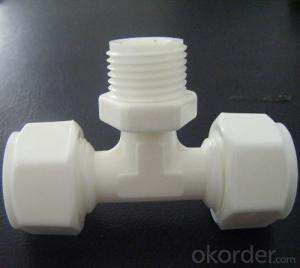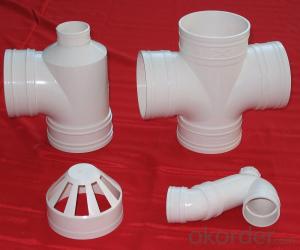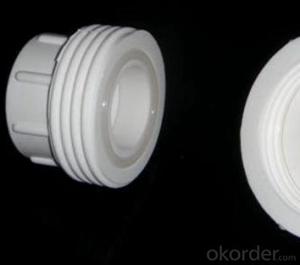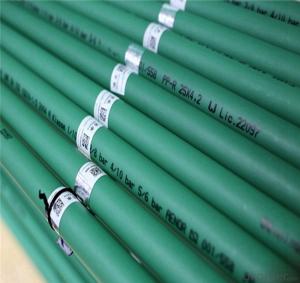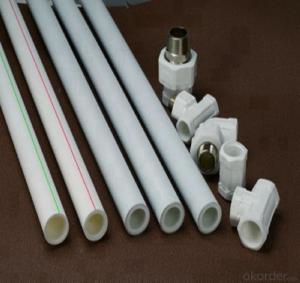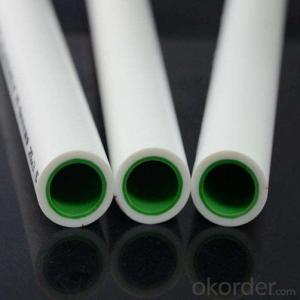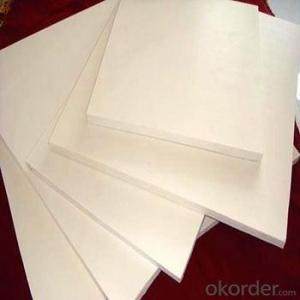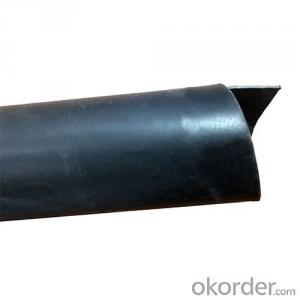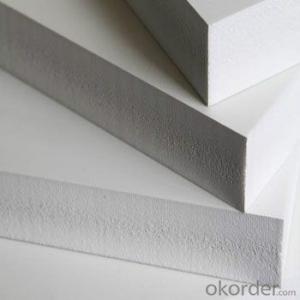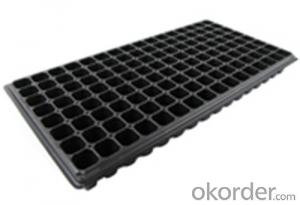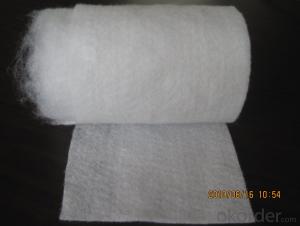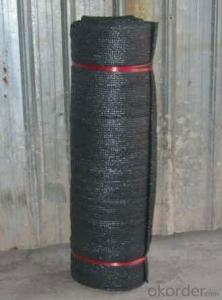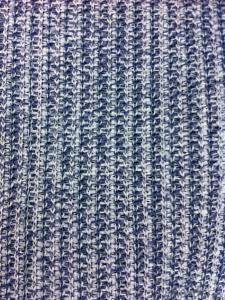All Categories
- - Steel Wire Rod
- - Steel Coils
- - Steel Profiles
- - Steel Pipes
- - Stainless Steel
- - Tinplate
- - Special Steel
- - Steel Sheets
- - Steel Rebars
- - Steel Strips
- - Hot Rolled Steel
- - Cold Rolled Steel
- - Pre-painted Steel
- - Seamless Steel Pipe
- - Welded Steel Pipe
- - Hollow Steel Tubes
- - Galvanized Pipe
- - Stainless Steel Coil
- - Stainless Steel Sheet
- - Stainless Steel Plate
- - Stainless Steel Strips
- - Electrolytic Tinplate Coil
- - Electrolytic Tinplate Sheet
- - Stainless Steel Rebars
- - Solar Panels
- - Solar Water Heater
- - Solar Related Products
- - Solar Inverter
- - Solar Cells
- - Solar Light
- - Solar Energy Systems
- - Solar Controllers
- - Solar Mounting System
- - Solar Pump
- - Solar Chargers
- - Fiberglass Chopped Strand
- - Fiberglass Mesh Cloth
- - Composite Pipes
- - FRP Pultrusion Profiles
- - Fiberglass Mat Tissue
- - Fiberglass Fabrics
- - Fiberglass Mesh
- - Composite Tank
- - Fiberglass Mesh tape
- - Polymer
- - FRP Roofing Panel
- - Fiberglass Roving
- - Monolithic Refractories
- - Ceramic Fiber Products
- - Refractory Bricks
- - Raw Materials For Refractory
- - Suspended Platform
- - Cranes
- - Concrete Machinery
- - Earthmoving Machinery
- - Building Hoist
- - Road Building Machinery
- - Plastic Pipe Fittings
- - Plastic Tubes
- - Plastic Sheets
- - Agricultural Plastic Products
- - Plastic Nets
 All Categories
All Categories
Plastic Pipe FittingsView More
Plastic TubesView More
Plastic SheetsView More
Agricultural Plastic ProductsView More
Plastic NetsView More
Q & A
Are plastic products resistant to scratching?
Plastic products can vary in their scratch resistance depending on the type and quality of plastic used. Some plastics, like acrylic or polycarbonate, are more resistant to scratching compared to others. However, it is important to note that no plastic is completely scratch-proof.
Are there any regulations on the use of plastic products in healthcare settings?
Yes, there are regulations on the use of plastic products in healthcare settings. These regulations ensure that the plastic products used in healthcare settings meet certain safety and quality standards. They may include guidelines on the type of plastic materials that can be used, restrictions on the use of certain additives or chemicals, and requirements for proper disposal and recycling of plastic products. These regulations are in place to protect the health and safety of patients, healthcare workers, and the environment.
How can we reduce our reliance on plastic products?
There are several ways to reduce our reliance on plastic products. Firstly, we can opt for reusable alternatives such as cloth bags, stainless steel water bottles, and glass food containers instead of single-use plastics. Secondly, we can support businesses that offer eco-friendly packaging and products made from biodegradable or compostable materials. Additionally, recycling and proper waste management play a crucial role in reducing plastic pollution. Lastly, raising awareness and advocating for policies that limit the production and use of plastic can bring about long-term change.
How do plastic products compare to other materials in terms of strength?
Plastic products tend to have a lower strength compared to other materials such as metals or ceramics. While certain types of plastics can be engineered to possess high strength, they generally exhibit lower tensile and compressive strength compared to these materials. However, plastics offer other benefits such as flexibility, lightweight, and corrosion resistance, making them suitable for a wide range of applications despite their lower strength.
How are plastic chairs produced?
Plastic chairs are produced through a manufacturing process called injection molding. In this process, plastic pellets are melted and injected into a mold cavity under high pressure. The mold is then cooled, allowing the plastic to solidify and take the shape of the chair. Afterward, the chair is removed from the mold, undergoes any necessary finishing touches, such as trimming excess plastic or adding color, and is finally ready for packaging and distribution.
Wholesale Plastic Products from supplier in Thailand
Discover the beauty of Thailand while partnering with us for all your plastic product needs. As a leading supplier in the country, we offer a wide range of plastic products, along with exceptional sales, quotations, and technical support services.
Being a subsidiary of CNBM, a Fortune Global 500 company, we have the resources and expertise to provide you with comprehensive procurement services. Whether you require custom orders, bulk purchases, or specialized products, we have you covered.
With our extensive product portfolio and years of experience in the Thai market, we understand the unique needs and challenges of different industries. We are committed to delivering high-quality products that meet your specifications and exceed your expectations.
Apart from our business services, we also invite you to experience the wonders of Thailand. From the vibrant city life of Bangkok to the breathtaking beaches of Phuket and the cultural marvels of Chiang Mai, Thailand offers a diverse range of experiences. Immerse yourself in the country's rich cultural heritage, explore stunning landscapes, and indulge in the warm hospitality of the Thai people.
Contact us today to discuss your plastic product requirements and let us be your trusted partner in Thailand.
Being a subsidiary of CNBM, a Fortune Global 500 company, we have the resources and expertise to provide you with comprehensive procurement services. Whether you require custom orders, bulk purchases, or specialized products, we have you covered.
With our extensive product portfolio and years of experience in the Thai market, we understand the unique needs and challenges of different industries. We are committed to delivering high-quality products that meet your specifications and exceed your expectations.
Apart from our business services, we also invite you to experience the wonders of Thailand. From the vibrant city life of Bangkok to the breathtaking beaches of Phuket and the cultural marvels of Chiang Mai, Thailand offers a diverse range of experiences. Immerse yourself in the country's rich cultural heritage, explore stunning landscapes, and indulge in the warm hospitality of the Thai people.
Contact us today to discuss your plastic product requirements and let us be your trusted partner in Thailand.
